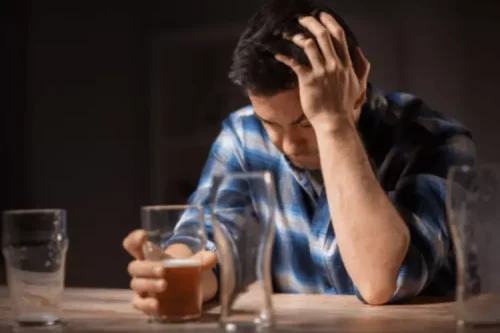
Our daily research-backed readings teach you the neuroscience of alcohol, and our in-app Toolkit provides the resources and activities you need to navigate each challenge. Understanding the connection between dopamine and alcohol could inspire us to make more informed decisions about our drinking habits. Into Action Recovery Centers provides an abstinence-based program and all of our staff members have a strong understanding of the recovery process through personal experience. We are passionate about sharing the process involved in living a drug and alcohol-free life.
- While drinking initially boosts a person’s dopamine levels, the brain adapts to the dopamine overload with continued alcohol use.
- Understanding the basics of the dopamine system provides a foundation for exploring how alcohol interacts with this crucial neurotransmitter.
- Moreover, cabergoline, a dopamine D2 receptor agonist, decreased alcohol intake, relapse drinking as well as alcohol‐seeking behaviour in rodents 170.
- Over time, dopamine production decreases once your tolerance goes up, meaning you may need more alcohol to feel the same boost over time.
Dopamine and Alcohol Craving
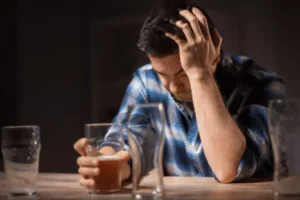
In addition, it is well substantiated that alcohol affects dopamine directly via the NAc and VTA as well as through indirect activation of the mesolimbic pathway via interaction with other reward‐related brain regions and neurotransmitters. Given dopamine’s pivotal role in the development and maintenance of alcohol dependence, medications targeting dopamine does constitute an important area of research. Although promising preclinical results, the majority of results from the clinical studies with dopamine‐acting medications have thus far been discouraging. The side effects profile of many of the evaluated compounds, including typical antipsychotic drugs, render them clinically unfavourable. On the other hand, newer dopamine agents, without complete antagonism or agonism, especially the dopamine stabilizers show promise and deserve further investigation in alcohol‐dependent patients. Emerging data suggests that the activity of dopamine neurons in the VTA projecting to the NAc is regulated by several afferents, such as, for example the cholinergic neurons projecting from the laterodorsal tegmental nucleus (LDTg) (for review see 204).
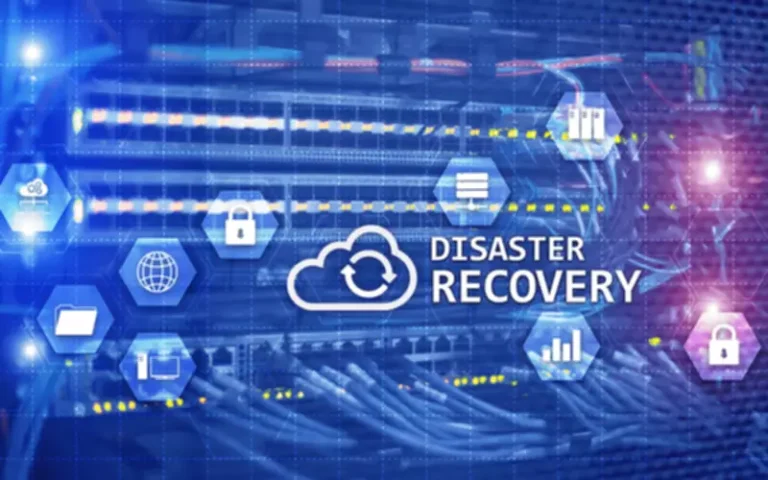
Gene variants related to DA systems and alcohol dependence
The physiological importance of the mesocorticolimbic dopamine system is highlighted by its evolutionary stability and conservation in primitive invertebrates, such as, flatworms, all the way up to primates, including humans. It was identified drug addiction treatment serendipitously in the 1950s when Olds and Milner found that rats self‐administer electrical currents into certain specific brain regions 9. These findings were later corroborated by studies showing that rats favoured electrical stimulation in the same specific brain regions, over natural rewards 10. The primary neurotransmitter regulating the rewarding sensation was determined to be dopamine 11.
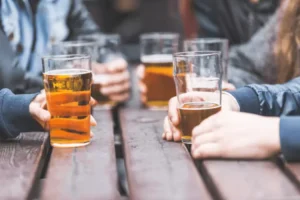
Short-Term Effects of Alcohol on Dopamine
Being aware of alcohol’s effects on brain chemistry can help individuals make more informed decisions about their drinking how much does alcohol increase dopamine habits. However, it’s important to note that while alcohol initially boosts dopamine levels, its effects on the dopamine system are far more complex and potentially problematic in the long term. The relationship between alcohol and dopamine is not a simple one of increase or decrease, but rather a dynamic interaction that changes over time and with repeated exposure.
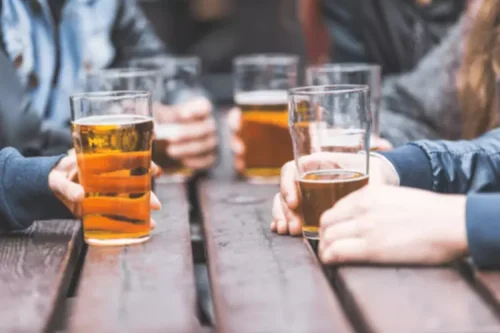
Alcohol’s Actions as a Reinforcer: Dopamine’s Role
- We’ve also partnered with Moderation Management, a non-profit dedicated to reducing the harm caused by the misuse of alcohol.
- The mesolimbic system originates primarily in the A10 cell group and extends to the ventral striatum, which includes the nucleus accumbens (NAc) and the olfactory tubercle (OT).
- Through this mechanism, dopamine modulates the neurotransmitter release that is induced by cellular excitation (i.e., neurotransmitter secretion).
- In conclusion, while that cocktail might indeed provide a temporary dopamine boost, understanding its broader impacts on brain chemistry can help us approach alcohol consumption with greater awareness and responsibility.
The short-term effects of alcohol on dopamine levels have been a subject of extensive research in neuroscience. While recovery dreams can be a normal part of the process, they might leave someone feeling on edge, anxious, or worried they will relapse. If you notice an increased fear of relapse, it can be helpful to get support from an addiction specialist, counselor, or mutual support group and explore your recovery options.
- Dopaminergic neurons are activated by stimuli that encourage a person or animal to perform or repeat a certain behavior (i.e., motivational stimuli).
- Many substances that relay signals among neurons (i.e., neurotransmitters) are affected by alcohol.
- Research on women has been limited by concerns about possible reproductive risks.
- Either way, the good news is that your brain can restore its natural chemical levels and even return to normal functioning.
- Subjects were requested to abstain from alcohol, coffee, tea, or cola for 24 hours before and throughout the experimental session.
If you have an incredibly realistic recovery dream, try to place your energy on how you respond to it instead of having experienced it. In recovery, many people may https://ecosoberhouse.com/ find that their relationship to sleep changes, and they sleep much more. It’s also common for those with AUD to report sleeping challenges, such as insomnia.